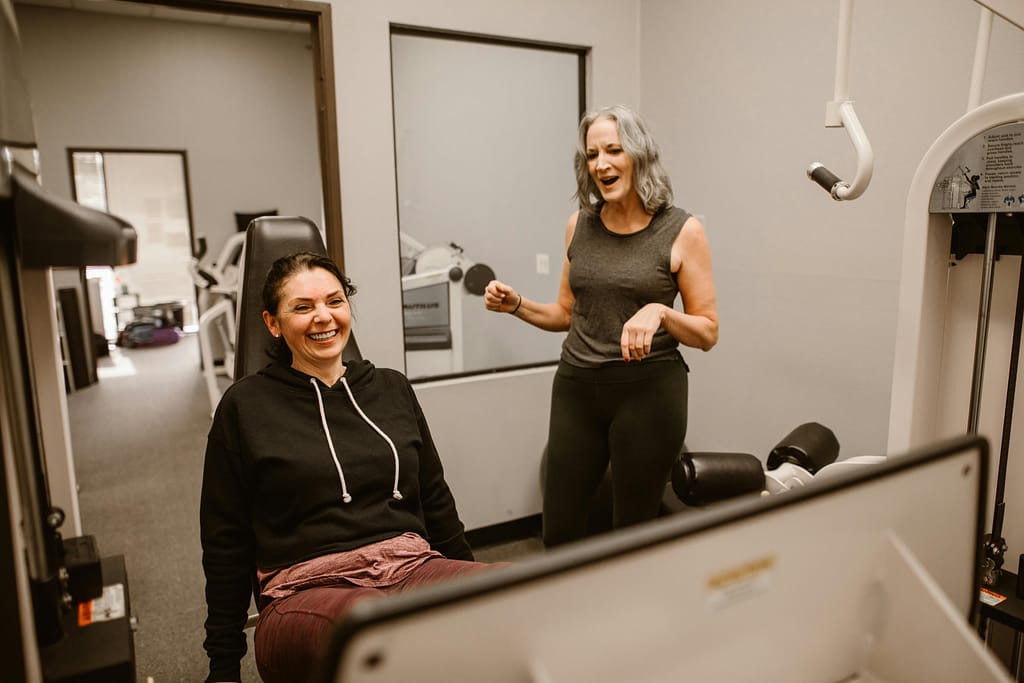What to do to deal with Hot Flashes
Hot flashes, a prevalent symptom during the menopausal transition.It can be uncomfortable and persist for several years, particularly as night sweats when occurring during sleep. Research indicates variations in the onset and duration of hot flashes, with African American and Hispanic women experiencing them for more extended periods than white and Asian women.
Menoplan
For those bothered by mild symptoms, lifestyle changes may suffice, but individuals facing significant challenges can explore various steps. Identifying triggers and assessing symptom impact can inform better management decisions. My Menoplan, an evidence-based tool, offers personalized treatment and coping strategies.How to deal with hot flashes as discussed below
Lifestyle Adjustments to Deal with Hot Flashes

Lifestyle adjustments are often the first line of defense. Lowering bedroom temperature, drinking cold water before bed, layering bedding, and using a fan are practical steps. Additional recommendations include dressing in layers, carrying a portable fan, avoiding alcohol, spicy foods, and caffeine, quitting smoking, and maintaining a healthy weight. Mind-body practices like hypnotherapy and mindfulness meditation may also aid in managing hot flashes.
Nonhormonal medications, such as paroxetine (an SSRI antidepressant), can be considered if lifestyle changes prove insufficient. These options are especially relevant for those unable to use hormones due to health concerns or worries about potential risks. Antidepressants, prescribed at lower doses than for depression, are being studied for off-label use in managing hot flashes.
Medication used to Deal with Hot Flashes.

Caution is advised against unproven treatments like black cohosh, DHEA, or soy isoflavones, as their effectiveness is not established, and some may pose risks. Phytoestrogens, found in certain foods and herbs, are not consistently proven effective.Their long-term safety is unclear. Consultation with a doctor is crucial before trying herbs or supplements.
Hormone therapy remains a potent option for some women, stabilizing estrogen and progesterone levels. It effectively addresses hot flashes, vaginal dryness, sleep issues, and bone density maintenance. Hormones come in various forms, including pills, patches, rings, implants, gels, or creams. Risks associated with hormone therapy include increased heart attack, stroke, blood clot, breast cancer, gallbladder disease, and dementia risks. The decision to use hormones should involve thorough discussions with healthcare providers, considering individual factors like age, hysterectomy status, and overall health.

While the Women’s Health Initiative study in 2002 raised concerns about hormone therapy, subsequent research suggests that younger women may have fewer risks and more potential benefits. Newer hormone formulations with reduced risks continue to be studied for long-term safety. Individualized hormone therapy, at the lowest effective dose and for the shortest duration, should be discussed with a healthcare provider, considering medical and family history
Also read on how to understand Menopause




1 Comment
How to understand Menopause(What is Menopause?) - wealthandsense · January 26, 2024 at 3:31 pm
[…] Also Read How to Deal with Hot Flashes […]